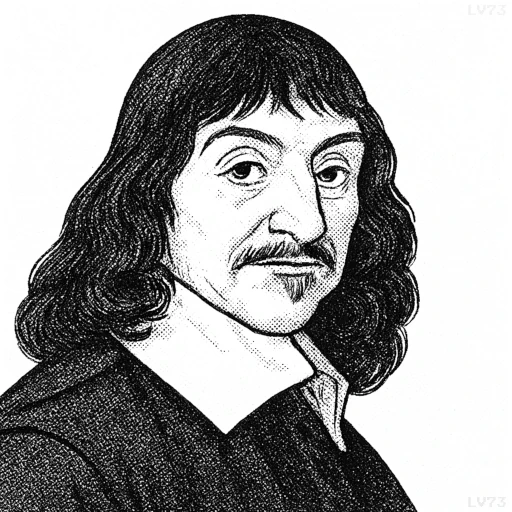“If you would be a real seeker after truth, it is necessary that at least once in your life you doubt, as far as possible, all things.”

- March 31, 1596 – February 11, 1650
- French
- Philosopher, Mathematician, Scientist, Father of Modern Philosophy
table of contents
Quote
“If you would be a real seeker after truth, it is necessary that at least once in your life you doubt, as far as possible, all things.”
Explanation
This quote encapsulates the heart of Descartes’ philosophical method of radical doubt. He argues that to truly seek truth, one must be willing to suspend belief in all received knowledge—whether from tradition, senses, or authority—and examine it with a fresh and critical mind. This act of universal doubt is not meant to foster cynicism but to clear away falsehoods so that knowledge can be built upon certain and indubitable foundations.
In the historical context of early modern Europe, Descartes was responding to a crisis of knowledge. The scientific revolution was challenging centuries of Aristotelian and scholastic thought, and Descartes sought a new, stable basis for science and philosophy. His famous declaration “Cogito, ergo sum” arose from this very process of doubting everything—he concluded that while he could doubt all else, he could not doubt that he was thinking. This became the starting point of modern philosophy.
In today’s world, this principle is vital for critical thinking, scientific inquiry, and intellectual humility. From evaluating news sources to questioning cultural assumptions, Descartes’ call to doubt constructively encourages us to become active participants in the pursuit of truth. It reminds us that real understanding begins not with certainty, but with the courage to question deeply.
Would you like to share your impressions or related stories about this quote in the comments section?

